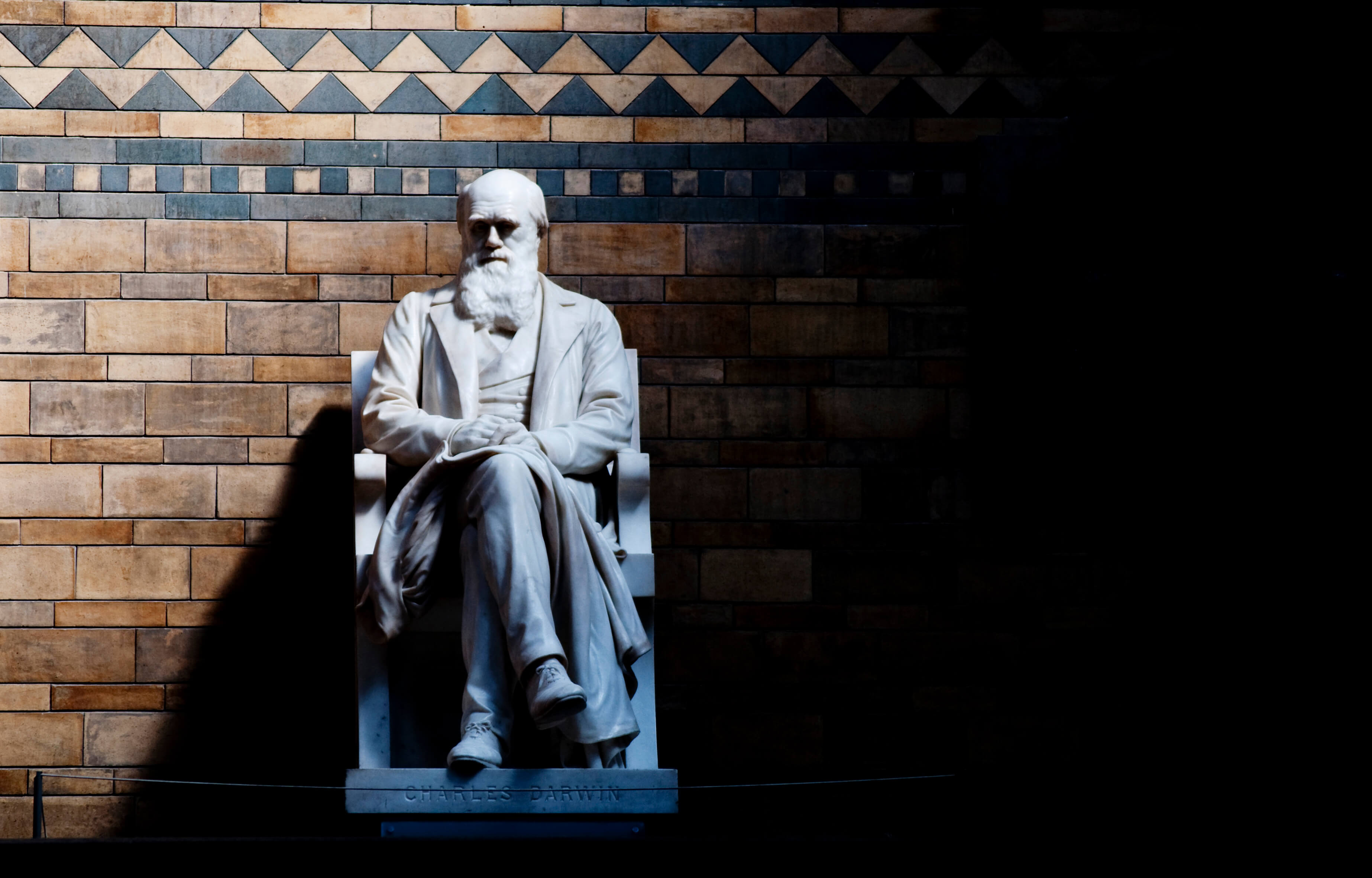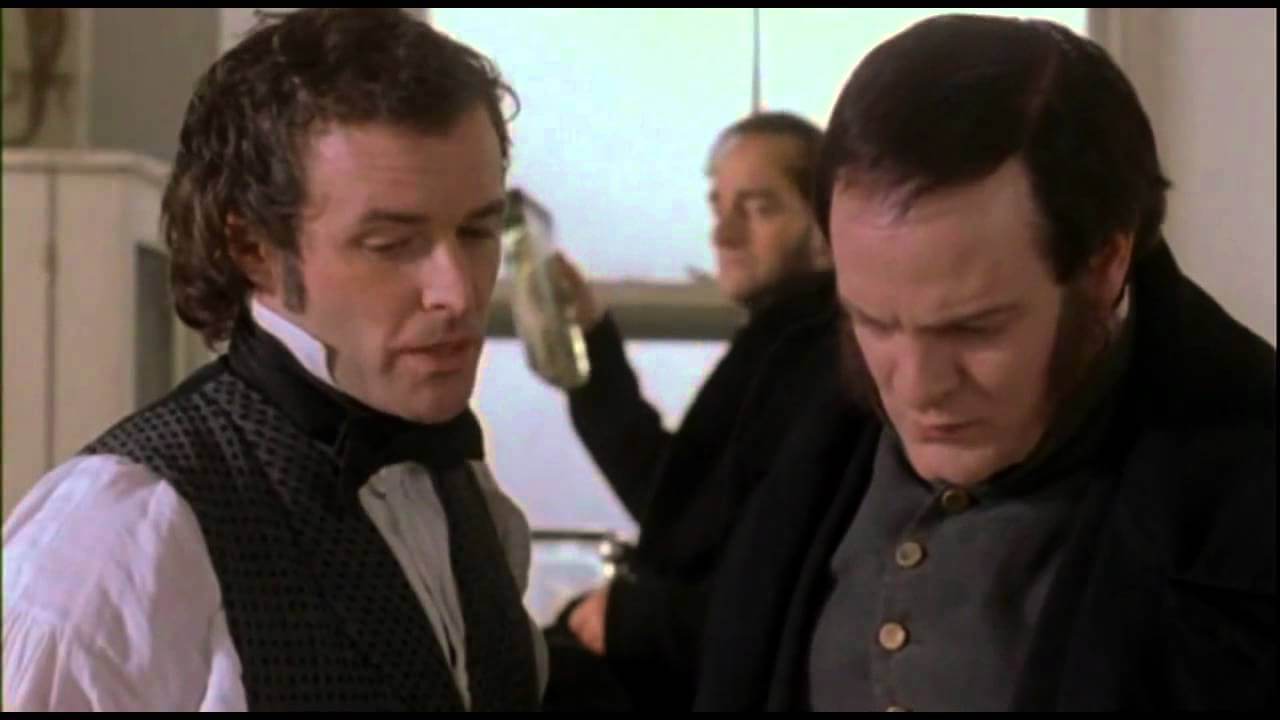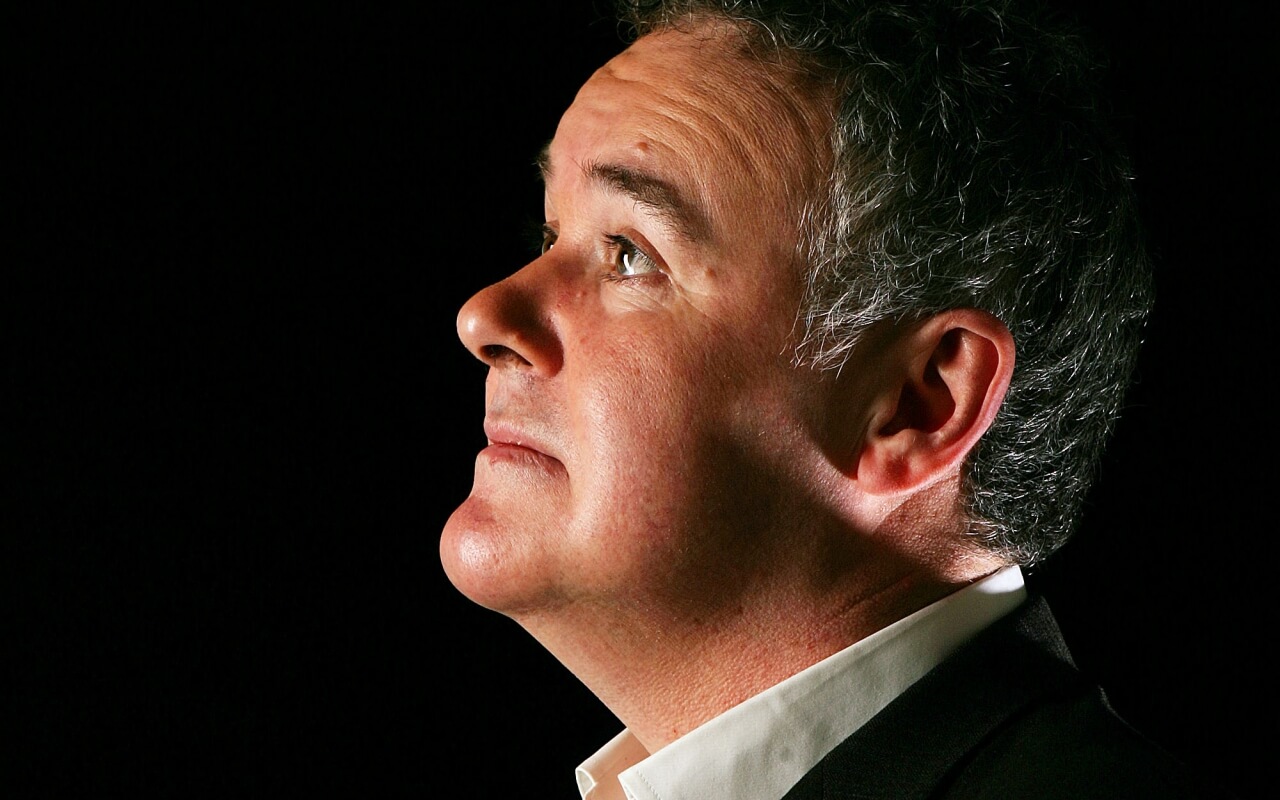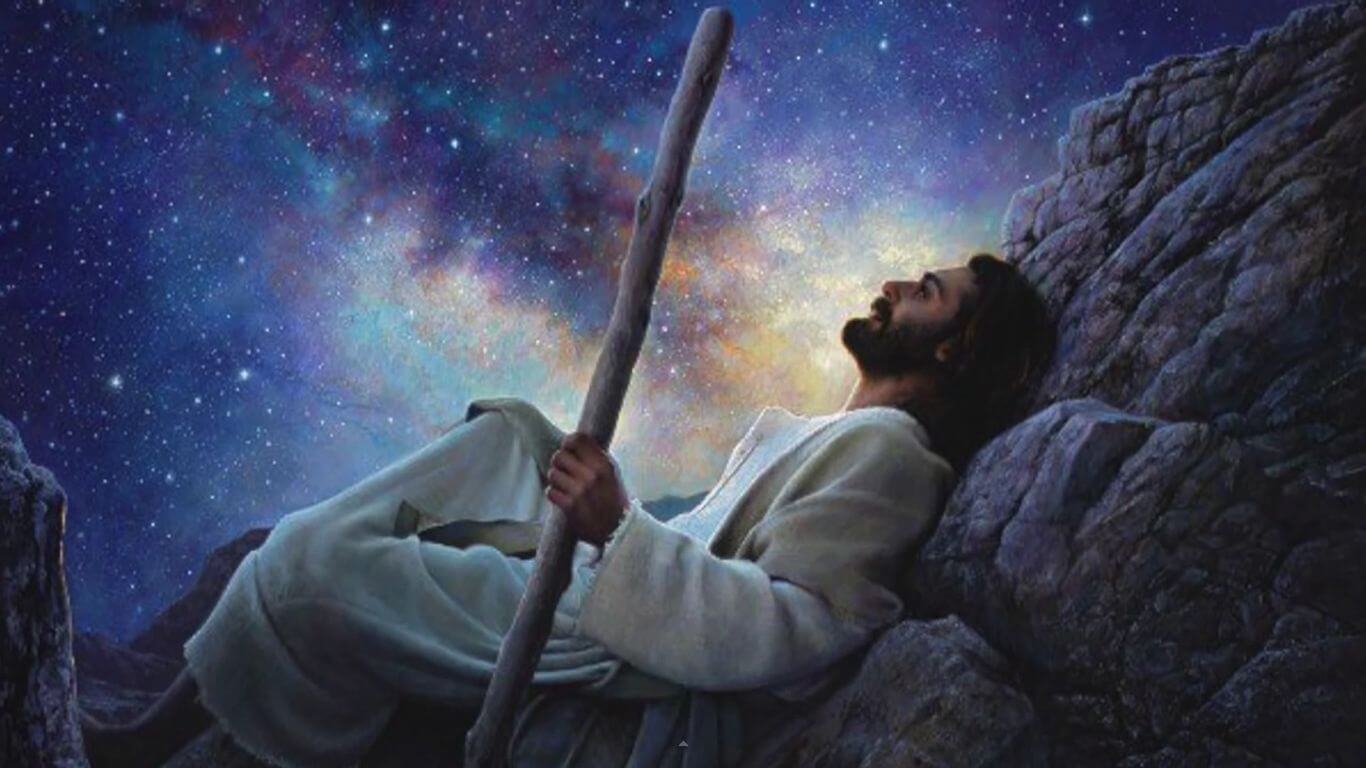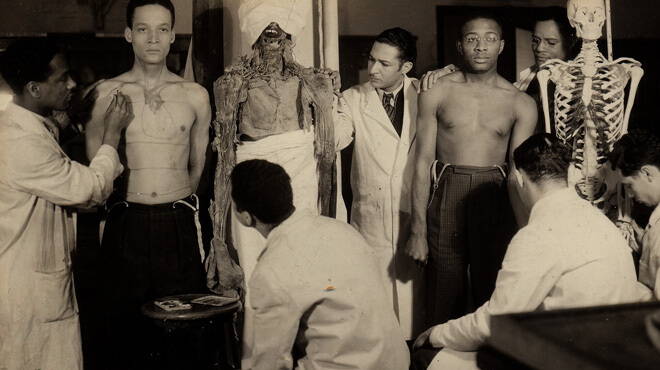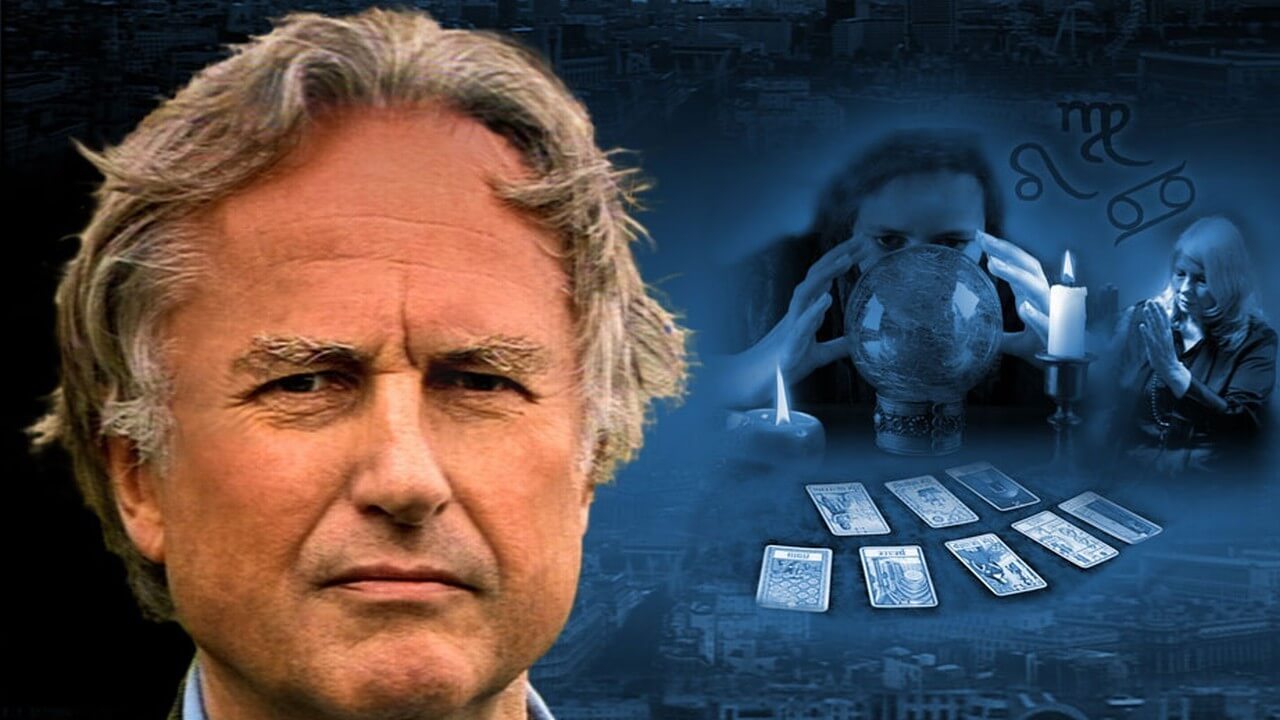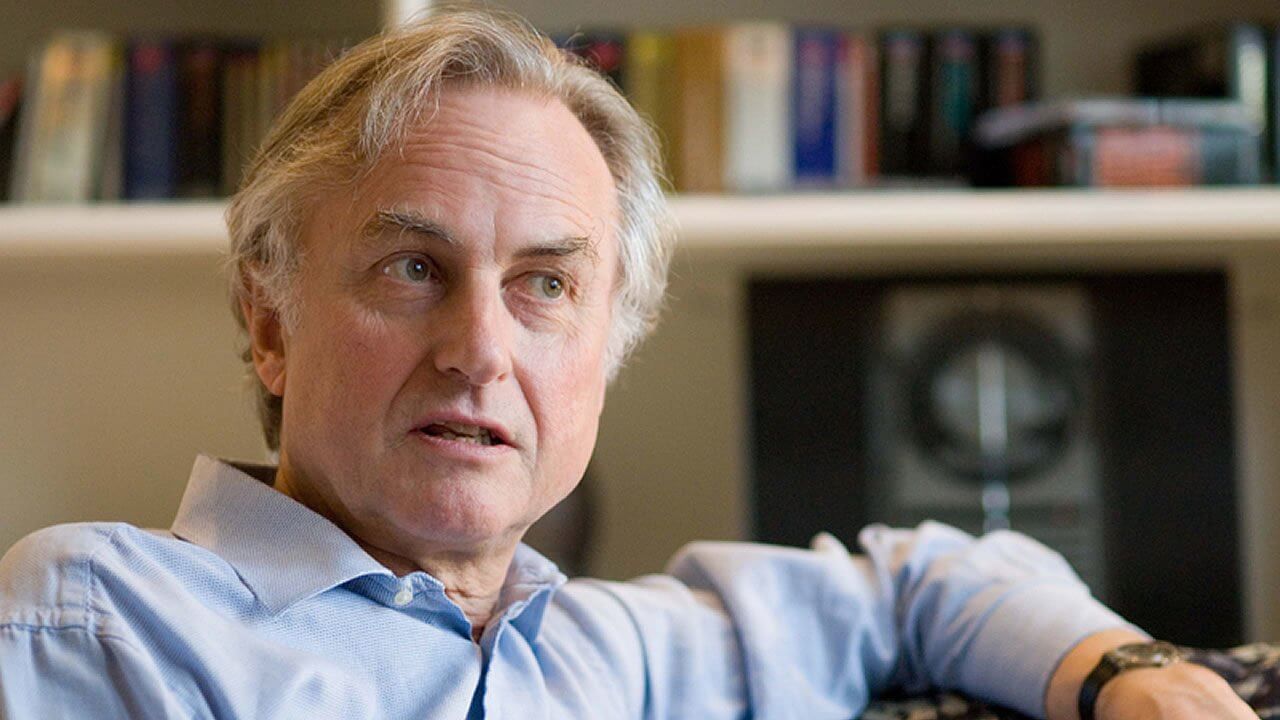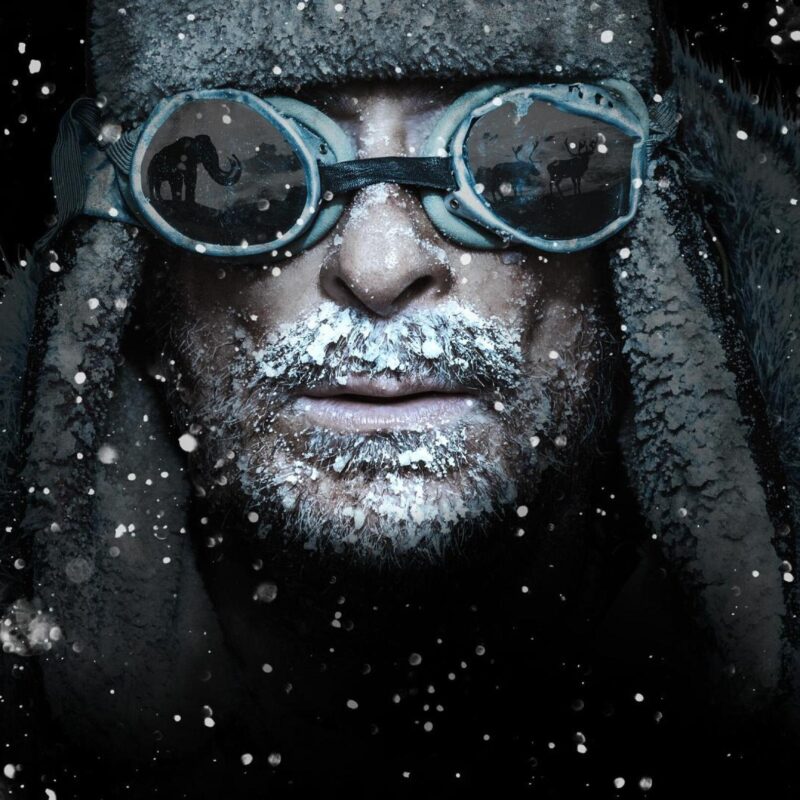description:
To those who believe in the literal interpretation of the Bible, Charles Darwin is the “antichrist” for developing the Theory of Evolution. Yet few people know that Darwin once intended to be a clergyman, or that his remains are interred in the vestibules of Westminster Abbey. It turns out that Darwin was genuinely torn between the religious beliefs he espoused as a young man, and the evidence he collected that would challenge the idea of Creationism.
Three months after graduating from Cambridge, Darwin was offered the chance to sail around the world on the HMS Beagle. The five-year journey was a dream for Darwin, who had a great passion for nature. Yet on the trip, Darwin saw his convictions of a divine world order shattered, whether by a devastating earthquake in Chile, or by the horrors of slavery – acts that made him question a world created by a benevolent God. Creationists counter that suffering exists because of man’s sin; at the Creationist Museum in Petersburg, KY, museum CEO Ken Ham says, “It’s not God’s fault there’s death and suffering in the world. It’s our fault because we sinned in Adam.”
In 1835, the Beagle landed on the Galapagos Islands, where Darwin scribbled his first notes on the possibility of evolution – an idea that bordered on heresy, and which Darwin himself wrote was “like confessing a murder.” Nick Spencer, author of Darwin and God, says Darwin’s view was that God “may well have designed and ordered creation, but he basically lets it go on its way.” That idea has never sat well with fundamentalists like Dr. David Menton of the Answers in Genesis Ministry, who notes that “it puts God so remote that we can safely ignore him.”
Since the 1990s, the number of mega-churches in the U.S., with 2,000 attendees or more, has increased fourfold. Joe Coffey, pastor of one such church, says, “Everybody has to come up with a reason for the world being in the mess that it is right now.” Christians look to the Bible for order and meaning, particularly when it comes to the question of death. Darwin certainly knew about mortality; three of his 10 children did not survive into adulthood, with his eldest daughter dying just before her 10th birthday. Darwin was inconsolable, unable to reconcile that her death
had a purpose, or that they would be together in the afterlife.
Darwin’s On the Origin of Species was published in 1859, and it has never been out of print since. By the turn of the 20th Century, evolution was well-established in school curriculums, but after the Scopes “monkey trial” of 1925, it faded away – until the launch of Sputnik in 1957, when people worried that the U.S. was falling behind the Russians in science. “Science almost became God in our country,” says Jobe Martin of Biblical Discipleship Ministries. For the first time, Creationists fought science with science, arguing, for instance, that dinosaurs and man lived together at the same time. Some parents have chosen home-schooling because evolution is taught in classrooms. “We warn our son that there are going to be many people who are not going to agree that God created this world in six literal days,” says Becky Patterson. “He needs to have strong faith and believe God’s word to be able to defend that later.”
Darwin’s theory has inspired countless scientific advancements; in his lifetime, he never stopped asking measured questions about science and God. “I have never been an atheist in the sense of denying the existence of God,” he wrote. “I feel most deeply that the whole subject is too profound for the human intellect. A dog might just as well speculate on the mind of Newton.”
Credits: Produced & Directed by Antony Thomas; EP: Peter Dale; Film Editor: McDonald Brown; Director of Photography: Jonathan Partridge. For HBO: Senior Producer: Nancy Abraham; Executive Producer: Sheila Nevins.

